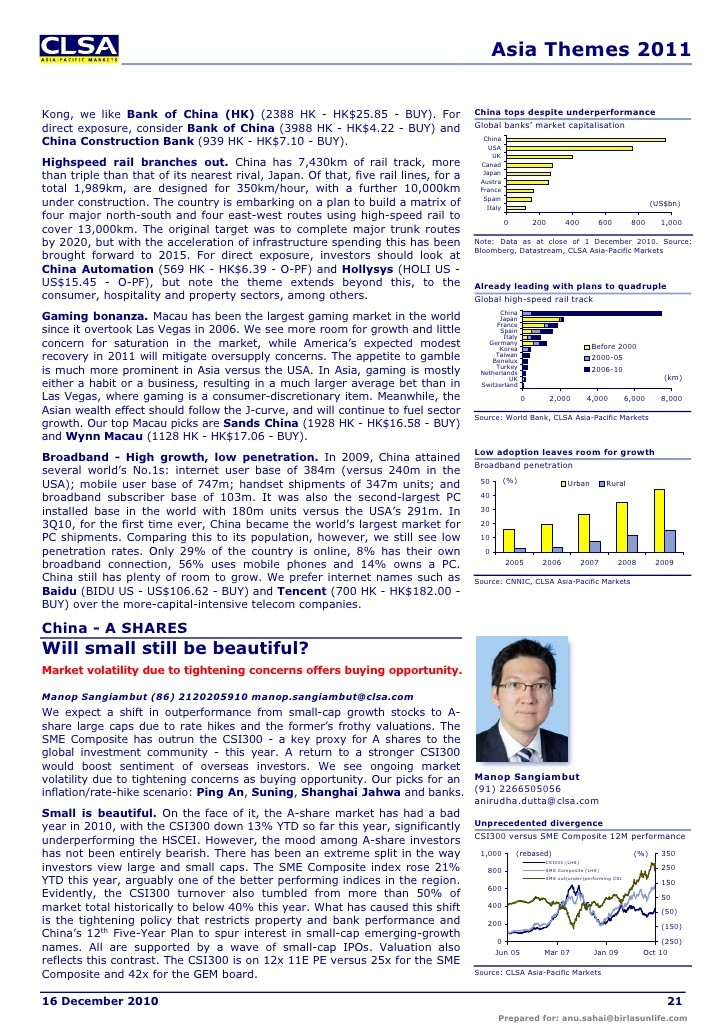Budget 2015 Rational tax policy will help put India on investors radar says Acer
Post on: 16 Март, 2015 No Comment

Demand shifts quickly in the consumer electronics market, and new products get launched and several mega-trends impact the future of the electronics industry. To boost manufacturing as part of the ‘Make in India’ campaign, the new government is likely to address in the forthcoming budget the issue of the rational duty structure, especially in the consumer electronics sector. A rational tax policy will help to get the country back to a high-growth trajectory and put it on the radar of investors. The government should enable the ecosystem to have the key component industry (CPUs, Memory, Motherboards, Storage, Display, Power supplies, Cabinets and Chassis) to invest in local manufacturing.
Emerging technology areas such as the role of sensors in the proliferation of Internet of Things (IoT), Display Technology, 3D manufacturing technology etc are expected to go mainstream in the next two to three years. Therefore, the Government should have policies that are future proof in order to attract investments in such areas.
S Rajendran, Acer India
Stability in policy will enable vendors to take key medium to long term investment decisions and position India as a key IT hub for exports, given its strategic locational advantage addressing neighboring growing markets such as Singapore, Taiwan and Hong Kong. We hope the Government could look into simplifying the tax structure especially the entry loads/octroi in order to enable smooth movement of goods within India. Abetment in the MRP-led customs duty payment framework should be increased to 35 percent. Burdensome procedures and costs for BIS certifications which are duplication of efforts and in addition impacting timely market launches should also be done away with immediately.
In terms of fostering an environment to increase demand generation for consumer electronic products, we request the new Government to implement an accelerated depreciation policy which will be a valuable tax incentive that will encourage businesses to purchase new assets. The rate of depreciation prescribed with respect of capital goods (other than computer and computer peripherals) is very low. For these products (under the prescribed depreciation for capital goods) to achieve full depreciation, it takes more than five years. This result in a host of IT products whose effective life is exhausted within a few years (at par with computers and computer peripherals) being considered for lower depreciation and consequently for higher tax reversals/ payment at the stage of their de-bonding/ disposal thereby enhancing costs incurred by businesses.
We are hoping that the new Government will unveil the Union Budget 2015-16 with a pragmatic recognition of macro-economic woes and a thrust towards structural reforms. The new government has been sending the right signals to reform the consumer electronics market. At present the thoughts and expressions of intent are in the right direction. We think that considerable work is required to bring the economy back on track. Now it is time to see some real action on the ground which is tangible, significant, relevant and purposeful.

The government must roll out Goods & Services Tax (GST) from April 2016 as it is likely to boost economic growth and will benefit manufacturing and exports. This will enable companies to take greater advantage of the benefits of the incentives and invest more in manufacturing. This will in turn increase growth in GDP. This is a very good time to increase incentives to the electronic sector which will aid growth. This will encourage investments from Indian and foreign companies. Future disinvestments and lower subsidies in the next year will help control the fiscal deficit to a large extent. If GST is implemented in the true spirit of doing away with complexities and facilitating ease of transactions (with a robust tracking infrastructure) it will mean a lot to the industry and to the economy.
It is recommended that Central Government should come out with the draft GST legislation at the earliest for the purpose of understanding, discussions and eliciting the views of the business and trade communities. Business community should be provided sufficient time to understand and study the legislation and its implications on the business and trade and to contribute with the views and suggestions. The views and suggestions made by the business and trade community can thus be suitably accommodated, clarified, taken into account at the time of introduction of formal GST legislation.
(The author is chief marketing officer at Acer India.)














